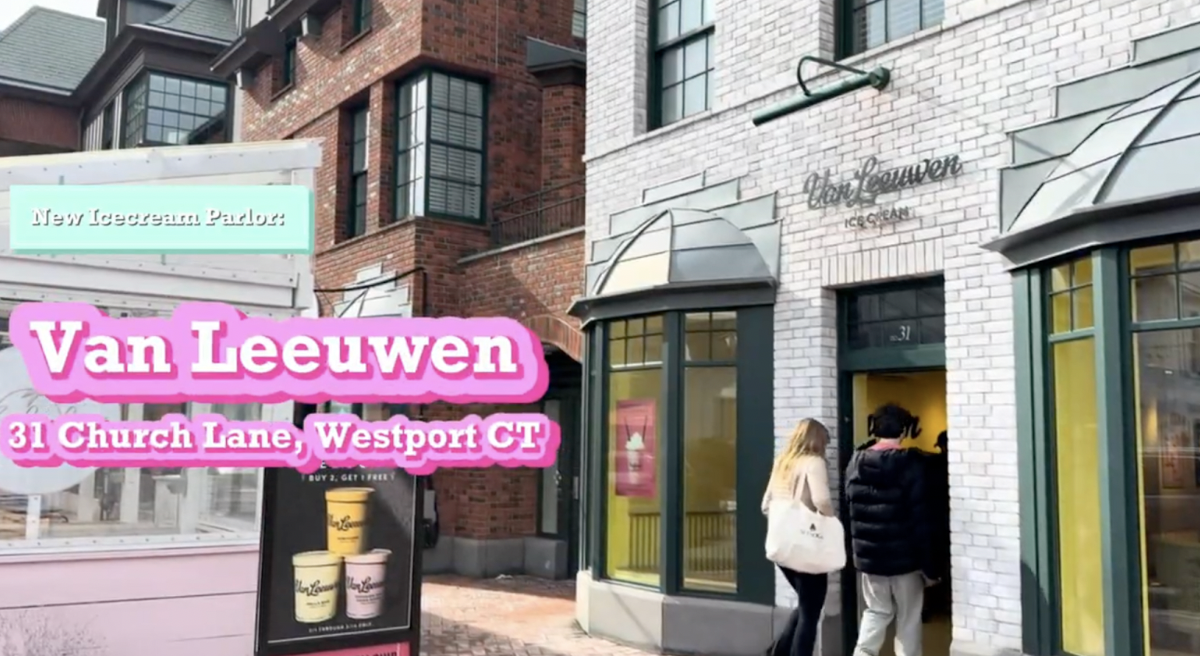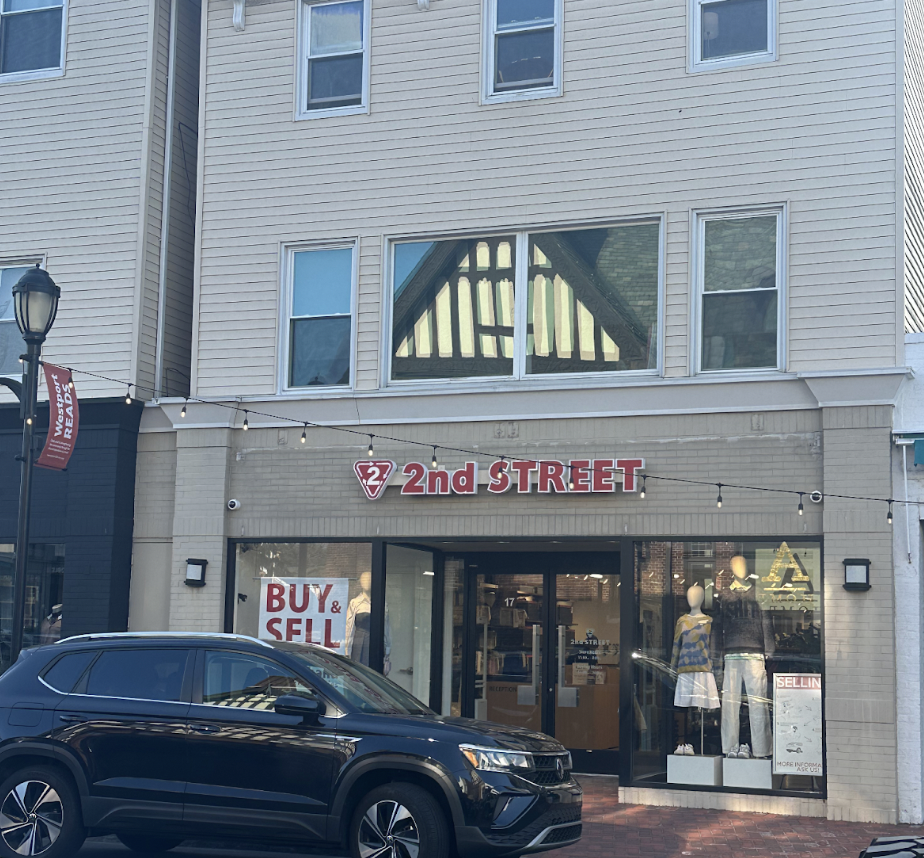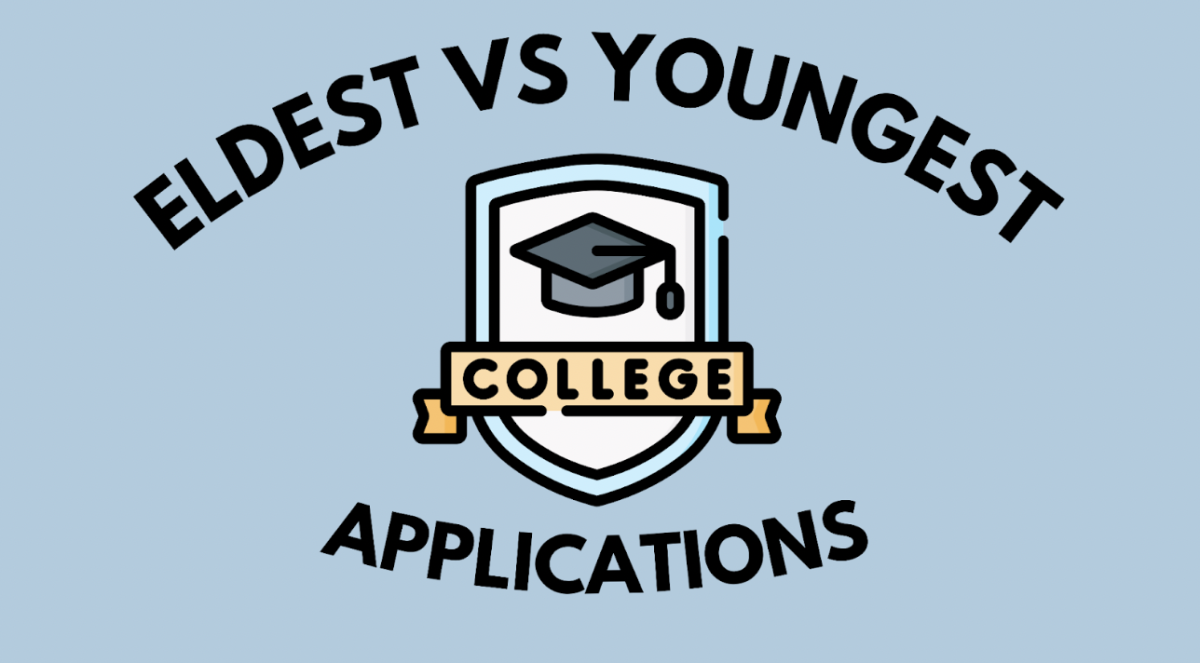By Jackie Sussman ’17
We students are constantly faced with the question: what makes us tick? As if we’re supposed to have it figured out by the time we apply to college. We may have interests, but we don’t really have it all figured out. High school is supposed to guide us on our road to self-discovery, and it has failed. And for that, we can thank the structure of our education system.
Shout-out to you A.P. Lang students: the predominant flaw is in the system’s major premise. Schools believe that their mission is to produce well-rounded global citizens. That’s a great idea. Produce children without any semblance of independence in deciding what interests them by cramming stiff course requirements down their throats. Just great.
I know what you’re probably thinking: “There are so many courses at Staples, and we get to choose which ones we take. This argument is a bust.” We are lucky to be in a high school that attempts to give students some autonomy in exploring and deciding their academic interests. However, in addition to our bare graduation requirements, students are (if not explicitly) implicitly forced to take certain courses: the “tracks,” i.e. taking the highest level of course offerings available to them in every subject that have helped students successfully get into competitive colleges. To top it off, colleges themselves have specific recommendations of amounts of courses in each area. All of this is done in the name of making students well-rounded for some greater societal benefit.
I subscribe to a philosophy set forth by John Dewey, who was instrumental in the development of educational reform in the 20th century. Education isn’t about preparing students to live a useful life, but teaching them how to live pragmatically and immediately in their current environment. Education is about preparing individuals to live independently, not preparing individuals to live as members of a society.
When individuals live independently, their only responsibility is to themselves. Individuals are only responsible for their own Platonic pursuit of excellence in whichever subject they choose. Thus, it is the burden of the individual to decide which topics are important to learn, not the school. This works at Brown. This works at Smith. This works at Vassar. This works at Wesleyan. This, too, can work at Staples.
I am not proposing a completely open curriculum. I do believe in bare course requirements to expose students, early in their high school careers, to as many subjects as possible. I understand that not every student has the maturity to make these decisions, but that doesn’t mean schools alone should make these decisions for students.
I am merely a high school senior who has felt her interests change from strictly humanities to more S.T.E.M. courses, who wishes she had the option to take a wider breadth of courses solely on the basis of interest and not based on course level or prestige. My understanding of “free-choice” is not to have structured A.P. courses make up the only pool from which I can choose classes. Solutions may lie in having more semester courses instead of full year courses or allowing students to choose their own rigor (not based on grade level) and complete every subject at their own pace.
I’m pointing out a problem. In the spirit of this article, it is up to you to run with it and shape your own education.










































